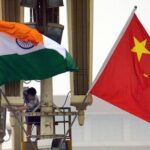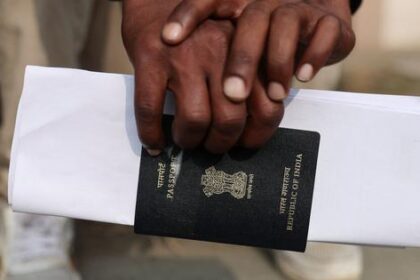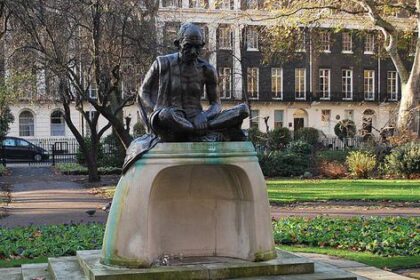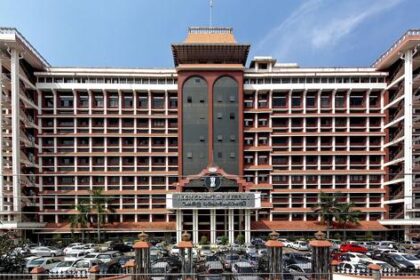Gitanjali Angmo seeks immediate release of her husband from detention, citing lack of communication and legal grounds.
Gitanjali J Angmo, the wife of activist Sonam Wangchuk, has approached the Supreme Court with a petition contesting her husband’s detention under the National Security Act (NSA). This habeas corpus petition, filed on Thursday, aims for Wangchuk’s immediate release, allowing the court to assess whether his detention is lawful.
The Supreme Court is currently on vacation for Dussehra and is scheduled to resume hearings on the upcoming Monday. Sonam Wangchuk was arrested in Leh on September 26, shortly after violent protests erupted over demands for statehood for Ladakh, which resulted in the deaths of four individuals due to police firing. Following his arrest, Wangchuk was moved to a facility in Jodhpur, Rajasthan.
The unrest began on September 24, when demonstrators clashed with police, leading to violent incidents including stone-pelting and the torching of a police vehicle and a Bharatiya Janata Party office. The Union government has accused Wangchuk of making “provocative statements” that incited the violence.
In a social media update on Friday, Angmo expressed her distress over having no communication with her husband since his arrest. She highlighted her concern regarding Wangchuk’s health and the conditions of his detention. Angmo has also written to President Droupadi Murmu, requesting Wangchuk’s unconditional release, characterizing the situation as a full-scale witch hunt against her husband and his causes.
Angmo described Wangchuk as a peaceful Gandhian protester with a notable history of service to the nation, emphasizing that he has been targeted both overtly in recent weeks and covertly over the past four years. She further claimed that she is under surveillance by the Central Reserve Police Force and mentioned that two members of her institute had been taken into custody without apparent legal authority.
The context of Wangchuk’s detention can be traced back to the abrogation of Jammu and Kashmir’s special status by the Bharatiya Janata Party-led Union government on August 5, 2019. This decision bifurcated the region into the Union Territories of Jammu and Kashmir, and Ladakh, resulting in growing insecurities among Ladakh’s residents regarding their land, resources, and cultural identity.
Civil society groups have been actively advocating for Ladakh’s inclusion in the Sixth Schedule of the Constitution, which would enable the establishment of autonomous councils to oversee local governance in areas such as land and public health. Following Wangchuk’s arrest, significant regional organizations, including the Apex Body Leh and Kargil Democratic Alliance, have halted discussions with the government, asserting that negotiations cannot proceed under coercive circumstances.
The situation reflects the ongoing tensions and frustrations in Ladakh, exacerbated by perceived governmental inaction regarding autonomy and local governance. Wangchuk’s detention has become emblematic of broader concerns about the administration’s approach to regional issues.








